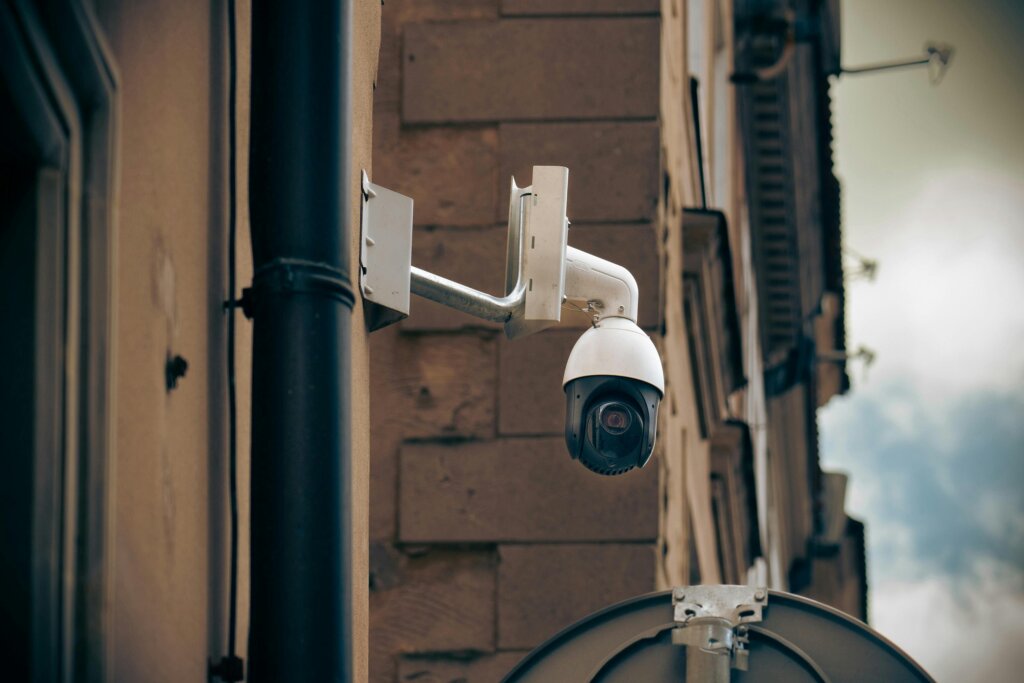
Airbnb has announced a significant policy update regarding security cameras in its properties, effective April 30, 2024.
An Airbnb spokesperson told Condé Nast Traveler that the decision followed extensive consultation with guests, hosts, privacy experts, and advocacy groups.
The new worldwide policy banning indoor security cameras addresses escalating privacy and surveillance concerns in vacation rentals.
Stricter regulations and disclosure requirements
The new regulations will ban all indoor security cameras from Airbnb properties.
This includes prohibiting outdoor-style cameras monitoring indoor spaces and ensuring guests’ privacy within rental accommodations.
Hosts can use outdoor surveillance devices like Ring doorbells but must disclose their presence and location before guests book.
Additionally, these cameras cannot be directed toward outdoor areas where privacy is expected, such as outdoor showers or saunas.
The policy also introduces stricter rules regarding noise monitors. Hosts must disclose the presence of noise-decibel monitors in indoor common areas beforehand.
These monitors assess sound levels but do not record or transmit audio data.
Transition period and enforcement
The policy change will take effect at the end of April, allowing hosts plenty of time to comply with the new rules.
Airbnb has emphasized that this transition period aims to provide a smooth adjustment for hosts.
However, if hosts violate the new policy after the deadline, they will face an investigation, and Airbnb may remove their listings or accounts from the platform.
Addressing privacy concerns
Privacy concerns surrounding vacation rentals have become increasingly common in recent years.
Dr. Recep Karaburun from New York University’s School of Professional Studies stresses the importance of privacy in consumer preferences and highlights trust’s role in Airbnb’s customer service.
Security cameras, even in permitted areas, can undermine this trust and contribute to guests’ discomfort.
Safety and screening processes
Beyond privacy issues, safety concerns in vacation rentals extend to verification and screening processes for both guests and hosts.
Dr. Jungho Suh from The George Washington University School of Business stresses the need for stricter measures to prevent discrimination, ensure accurate listings, and protect guests physically.
Improving emergency preparedness, including clear signage and regular property inspections, is also essential to enhance guest safety.
Consumer perception and preferences
A survey conducted by the home security company SafeHome found that while some guests feel safer with security cameras in vacation rentals, many express discomfort with their presence.
Travelers are weighing the pros and cons of short-term rentals versus hotels based on personal preferences and concerns.
Heightened security for travelers
Airbnb’s ban on indoor security cameras shows its dedication to addressing privacy concerns and preserving trust between guests and hosts.
The balance between privacy, safety, and convenience remains crucial for the travel industry.
Similarly, this new policy by Airbnb aligns with other travel and immigration regulations that ensure safety for travelers, such as the Electronic System for Travel Authorization (ESTA).
ESTA is an automated system that determines whether visitors from Visa Waiver Program countries are eligible to travel to the United States.
It facilitates the pre-screening of travelers before they begin their journey, ensuring compliance with U.S. immigration requirements.
For foreign travelers planning trips to the United States through the ESTA process, privacy and security in vacation rentals become crucial considerations.
This move improves the international visitor experience while reinforcing a commitment to a welcoming and secure environment, aligning with both ESTA and U.S. immigration policies.

